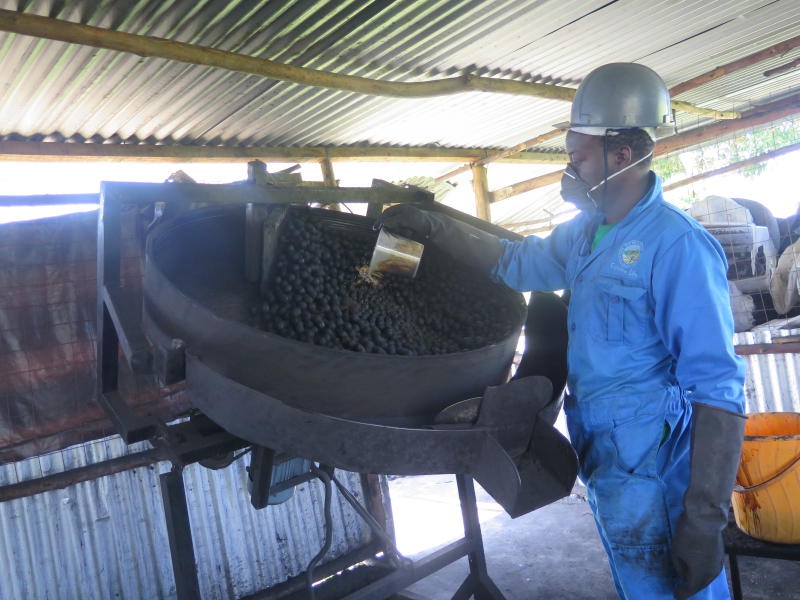×
The Standard e-Paper
Stay Informed, Even Offline

The truck filled to the brim with human waste trundles to the sewerage treatment plant where a crew eagerly waits for the noxious commodity, ready to convert it into briquettes that will be used to fuel jikos.
The ambitious project by the Nakuru Water Sewerage and Sanitation Company Limited (Nawassco and a Netherlands water company, Vitens-Evides, is providing an environment-friendly solution in addressing sanitation challenges as well as conserving trees.